
FME CINELDI is at the forefront of research on the future distribution grid. One great way to help move our research initiatives forward is through the education of master’s students with topics related to the CINELDI sphere.
SINTEF Energy Research and NTNU’s Department of Electric Energy have collaborated closely over the years to develop relevant master’s thesis topics directly linked to CINELDI’s research priorities. This enables students to tackle new and relevant problems in the field, learn new methods to solve these problems and deepen their understanding of the complex dynamics of the future distributional grid. This can happen through real-life case studies and pilot projects within CINELDI, analysing relevant methodologies, and connecting with CINELDI partners to help solve their problems in the field.
The power grid workforce of tomorrow
Educating students in this field introduces them to new, fresh-from-the-research-world topics to be analysed and applied. This is important since today’s students are tomorrow’s workforce, making it relevant to provide them with research-based knowledge of real-life problems we are facing now.
This knowledge equips the students with new ways of thinking and applying methods that will be valuable for businesses and academia afterwards. For over seven years, we have worked on spreading knowledge to students through master’s thesis topics that are related to the various work packages’ tasks, and with the guidance of some of CINELDI’s seasoned researcher scientists. We have assisted in educating numerous master students in this way since project launch –over 120 master’s students and topics as of the end of 2023. For those interested in learning more, details on all students and their master’s thesis work can be found here.
Pushing the distribution grid research frontier
It is incredibly rewarding to see students tackle these challenges and topics in their master’s theses, and find new solutions. Some of the topics are so fresh that there is no established solution yet, giving students an opportunity to help advance the research frontier.
The contributions made by these master’s students are substantial, and offer new results and insights that significantly enrich the field. This also opens up opportunities for students to publish their work, solidifying their contribution within the academic community and promoting it to an international audience.
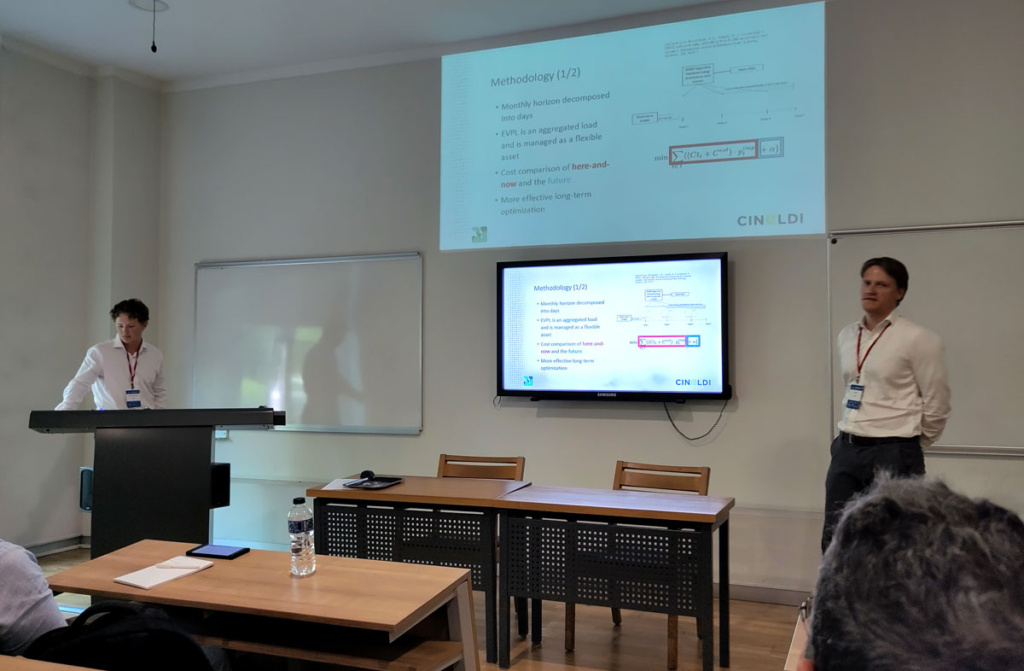
Students developed optimisation model for EV charging
During the 2023-2024 academic year, Jonas Henrik Pinderud and Andreas Fosse Hansen undertook their master’s thesis at the NTNU Department of Electric Energy. Their project explored how flexible Electric Vehicle (EV) parking lots connected to an office building could offer flexibility, while still meeting the EV charging demands during the workday.
Their work was tied to CINELDI’s WP3, and used data and a case study from the “Strømfleks”-project. Using optimisation techniques, they developed a model that represented the energy system to assess the value of flexibility provided by the parking lot.
Their thesis investigated incorporating the monthly demand charge grid tariff into their optimisation model, aiming to reduce operational costs and peaks in demand over the course of a month. Additionally, they explored how this flexibility could provide a local service to the local distributional system operator (DSO).
Their work revealed a high potential in offering such local flexibility services, where the flexibility was to stop EV charging when requested by the DSO. They also found that from the parking lot operator’s perspective, receiving the flexibility request long enough in advance made it easier to meet a given day’s EV charging demand. A notice time prior to activation of 12 hours led to very small changes in costs of operation, while notice times of 2 and 0 hours lead to situations with insufficient EV charging capacity, where EV owners where not fully charged by the end of the workday.
Thus, offering flexibility as an external service can require internal readjustment to avoid potential issues. These results highlight the parameters flexible providers must consider when offering DSOs flexibility, but also the value they can obtain from it.
CINELDI students participate in international conference
The two master’s students’ work filled some research gaps and looked at new ways of investigating value of flexibility. The students wrote a conference paper that was sent to IEEE EEM (the International Conference on the European Energy Market) to present their findings. Their paper, Operation of an EV Parking Lot Subject to Capacity-Based Grid Tariffs Offering Demand Response, got accepted, and they got to travel to IEEE EEM in Turkey in June 2024 to present their work to an academic audience just a few days after having delivered their master’s thesis.
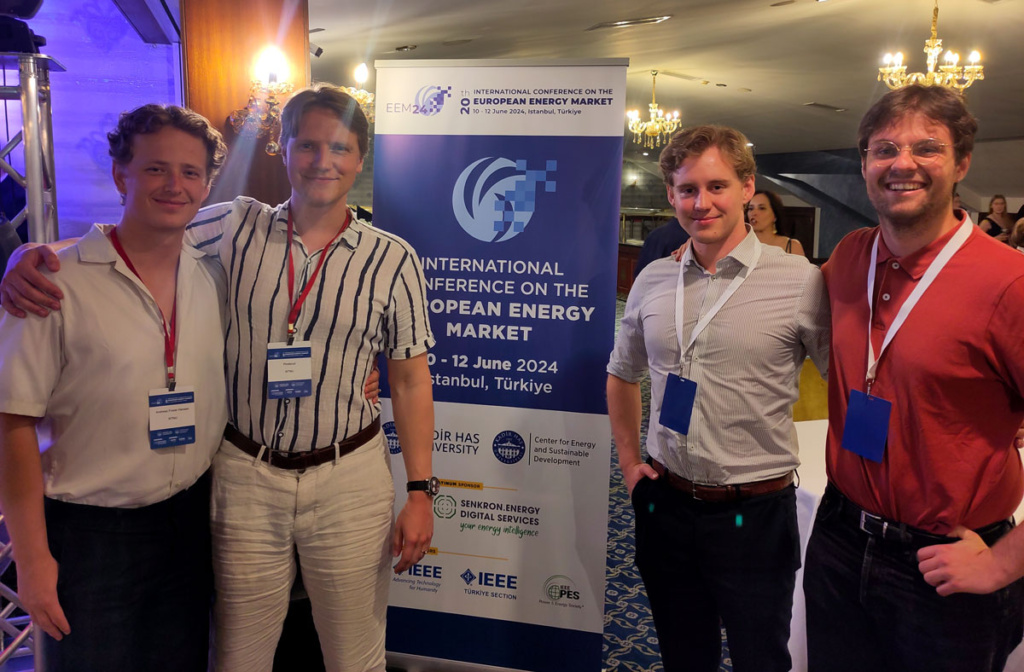
Valuable work
We at FME CINELDI are proud of work performed by each of our master’s students. Their contributions significantly advance the research frontier, and are a testament to the quality of their work. This excellence is not only reflected in their theses, but also, for some of them, in their presentations at international forums through scientific papers.
Their work is also valued by the partners of the CINELDI-consortium, several of which can further develop and apply the research. Even more importantly, these students bring new knowledge and skills into their professional lives, contributing to the workforce fresh from academic, academic research-based environment. This exemplifies the mission of FME CINELDI in promoting academic growth among students.


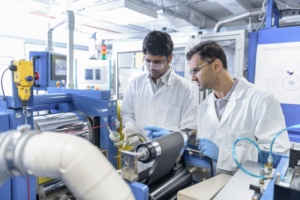
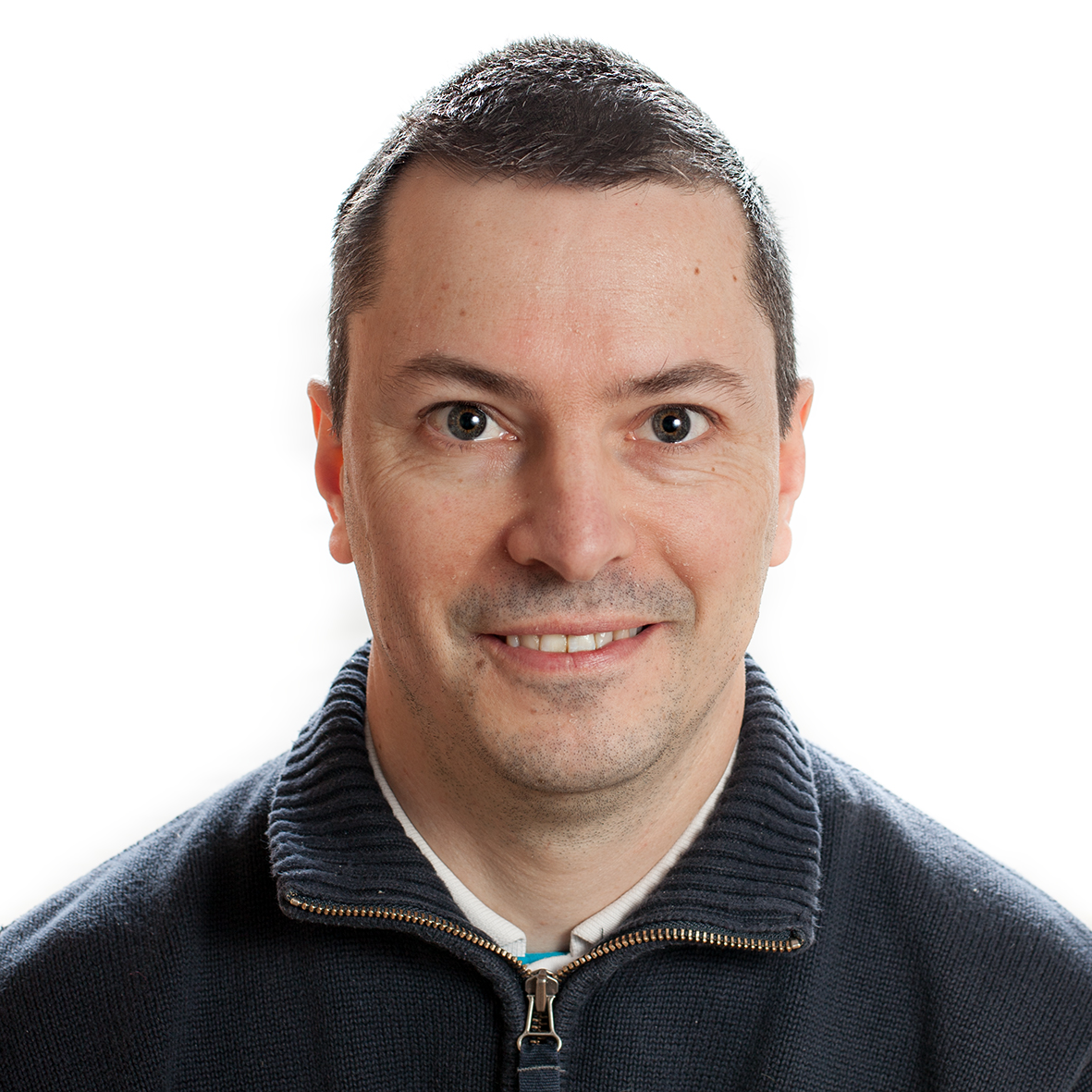
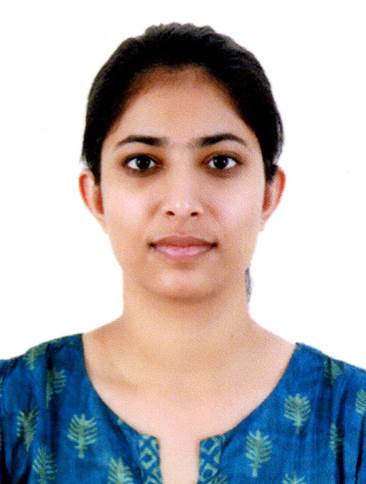
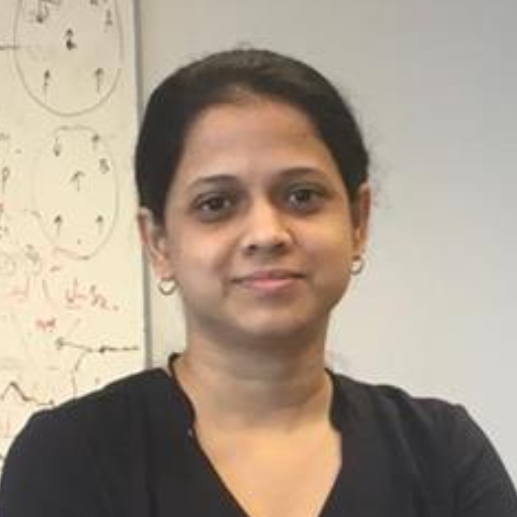
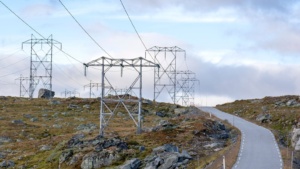
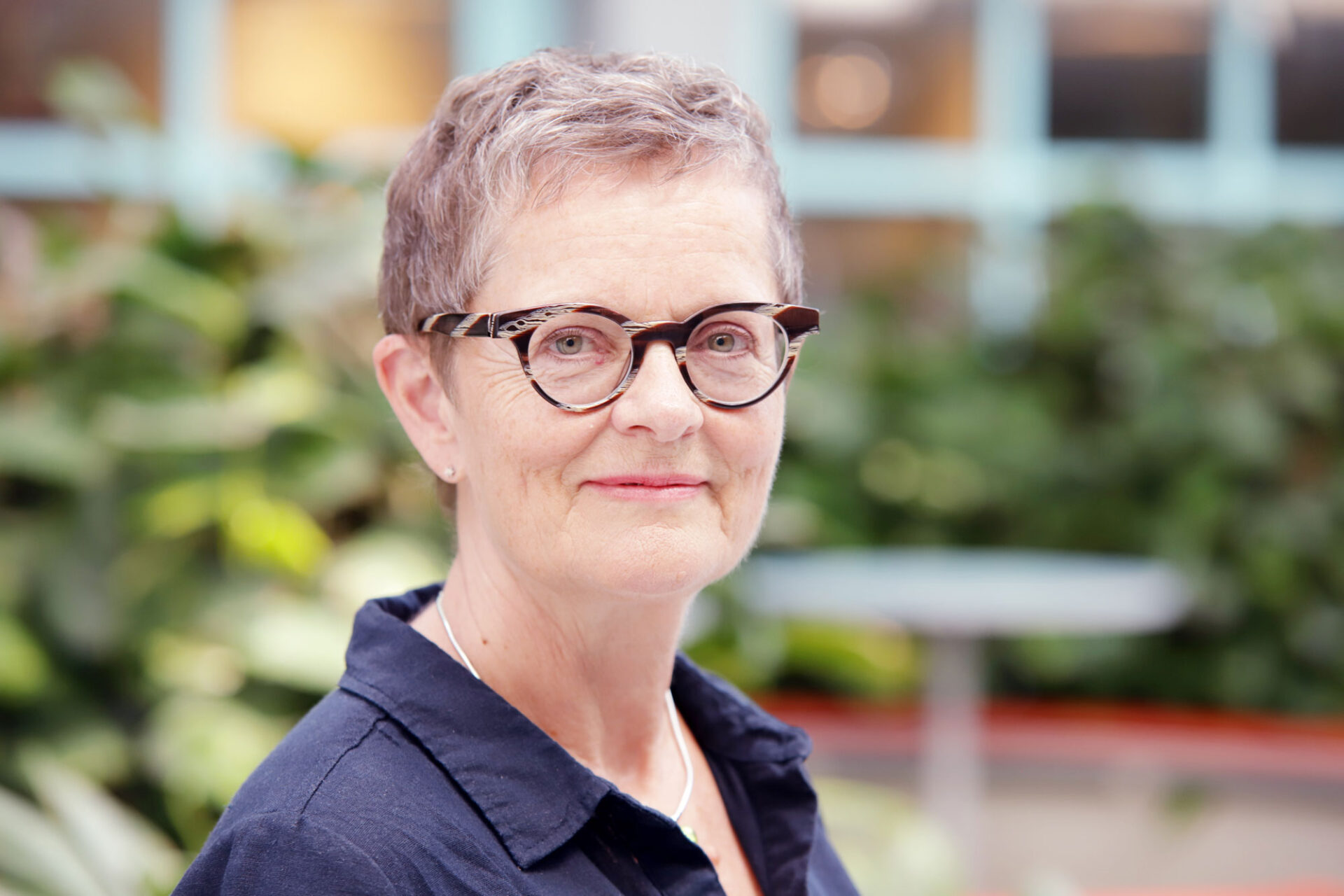
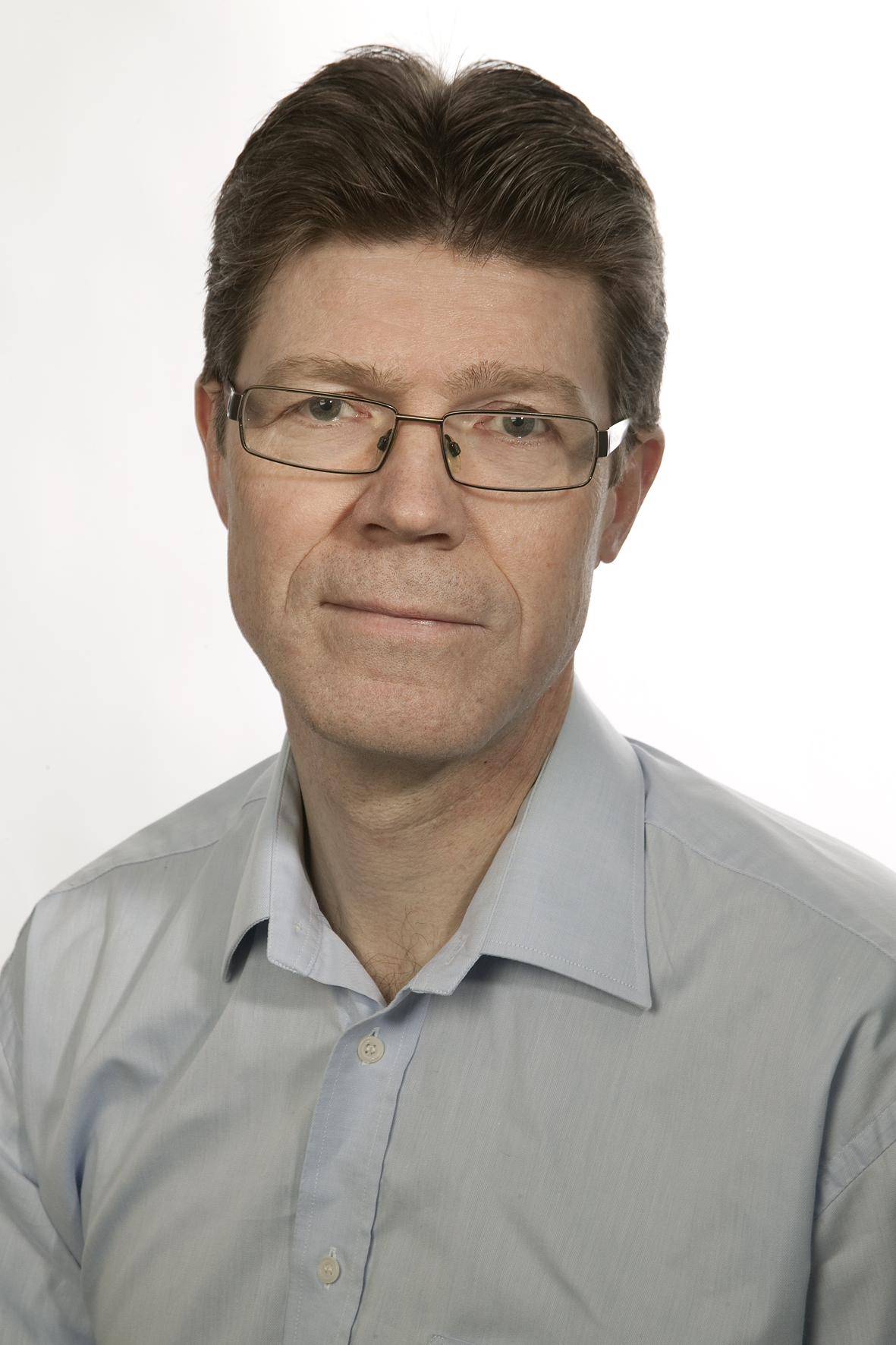
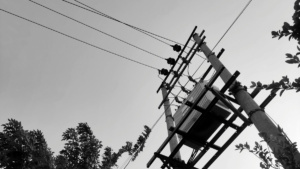
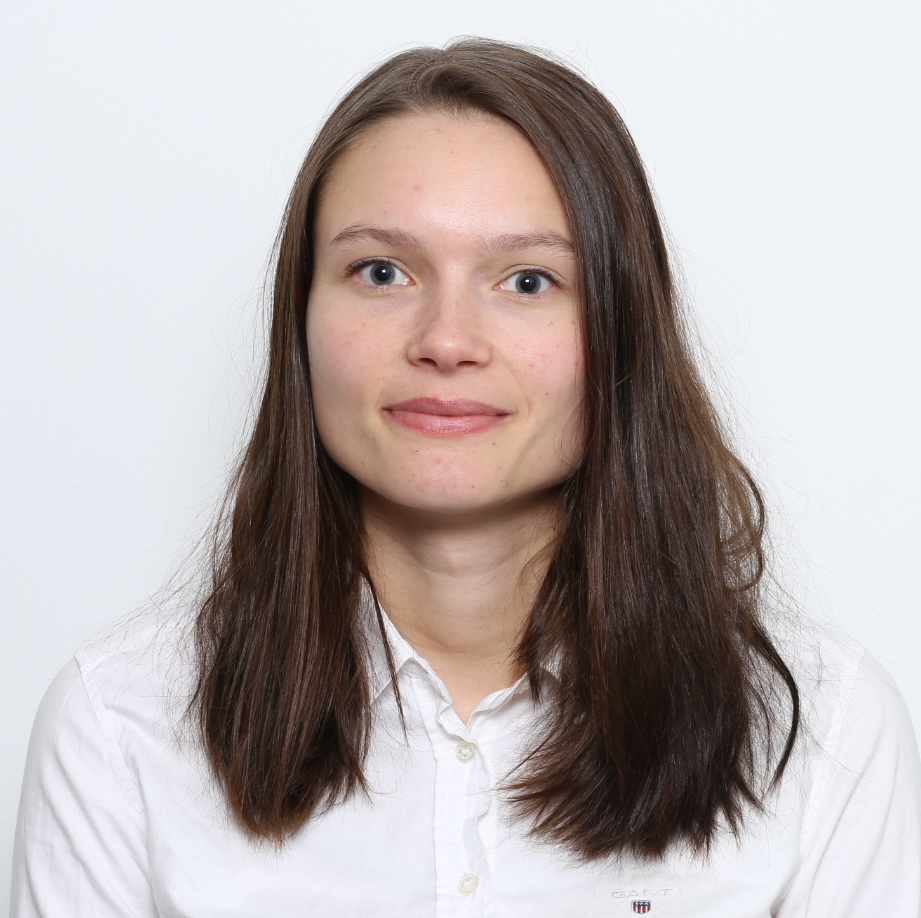
Comments
No comments yet. Be the first to comment!